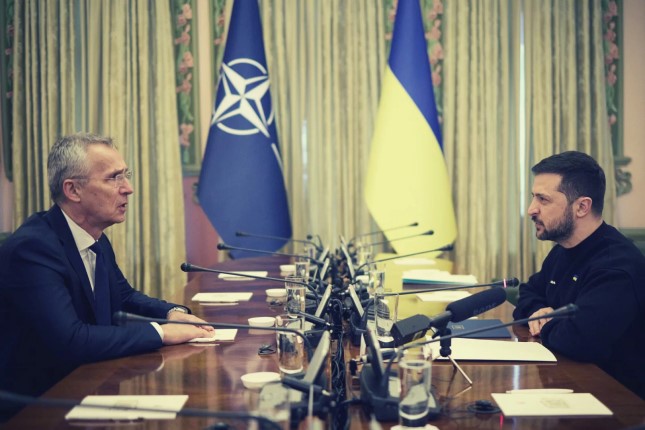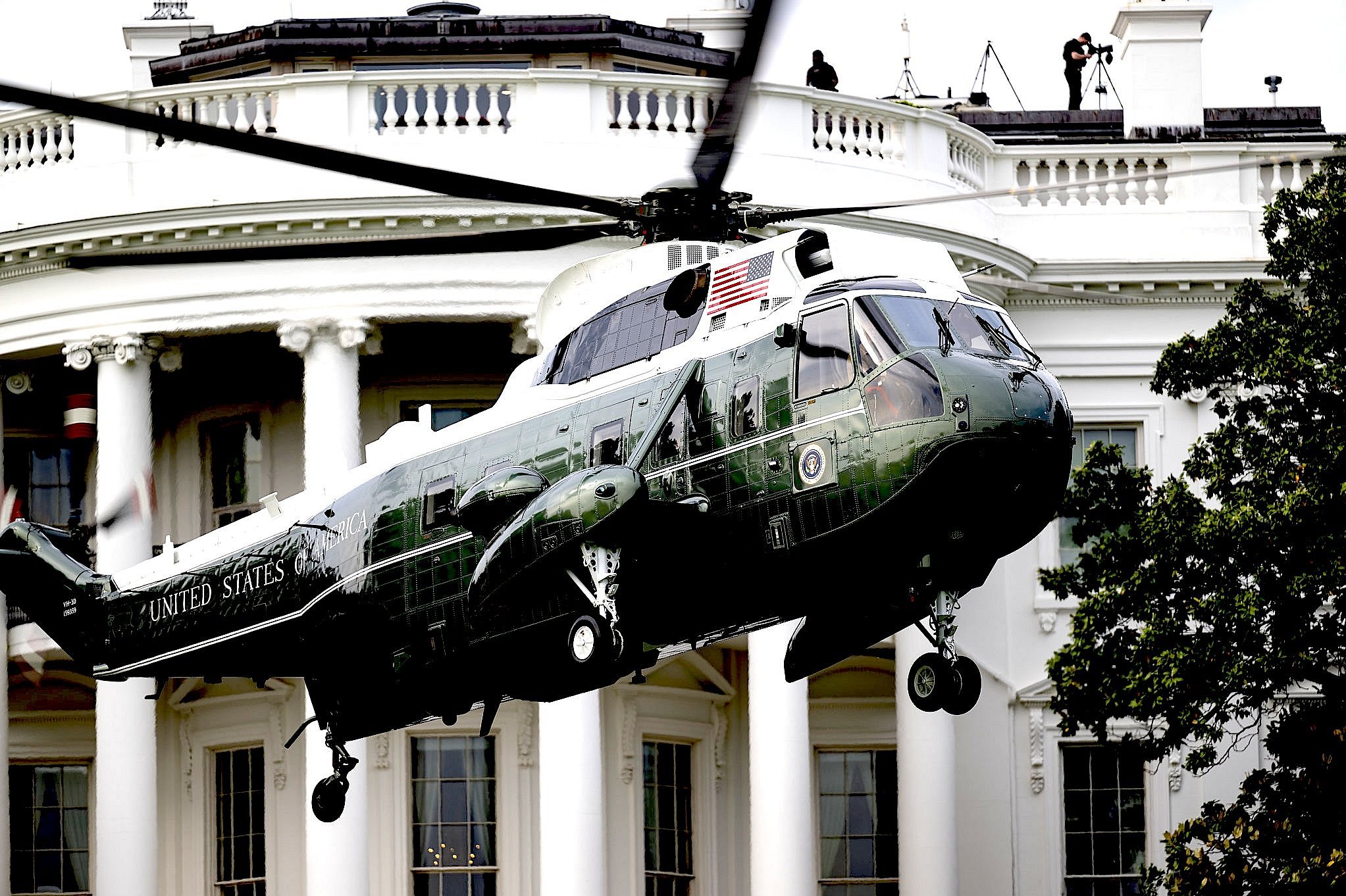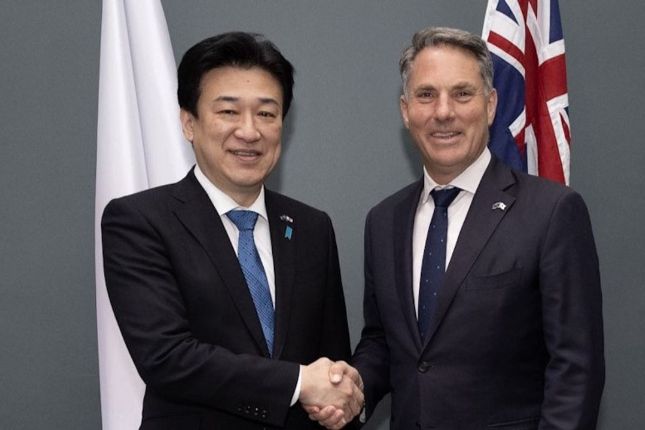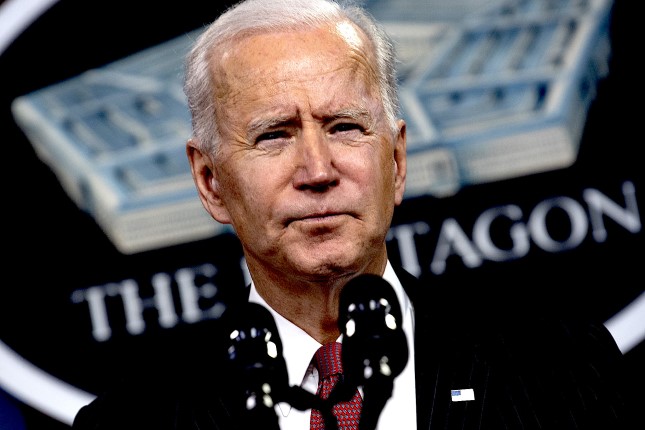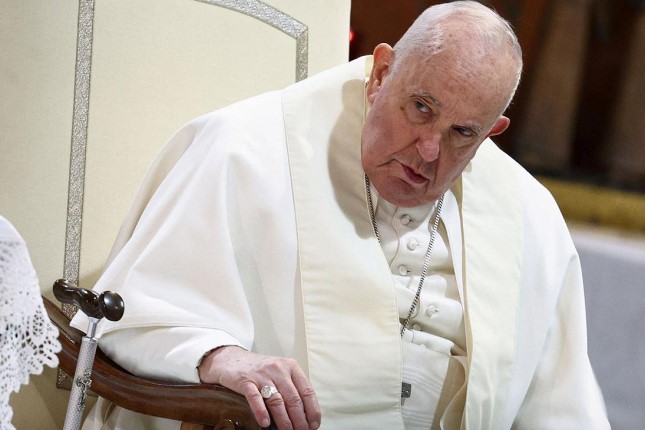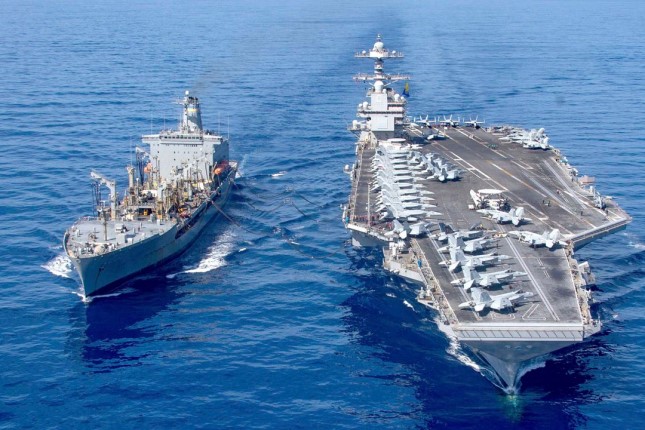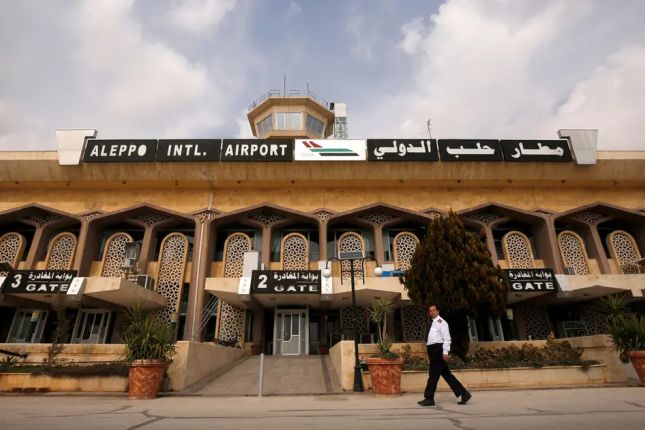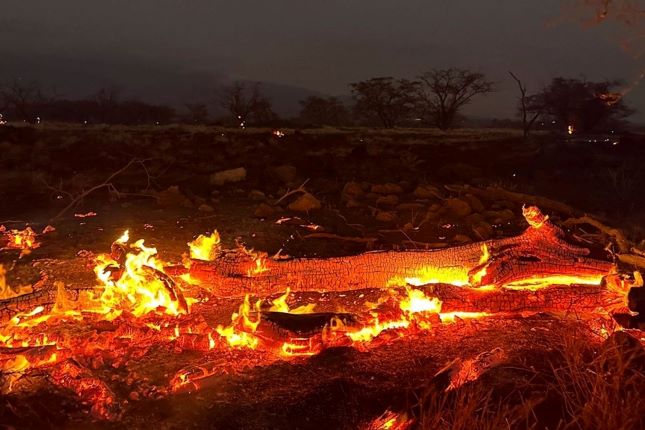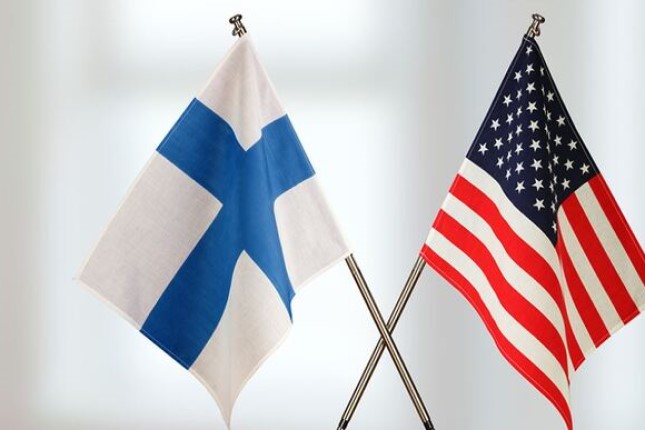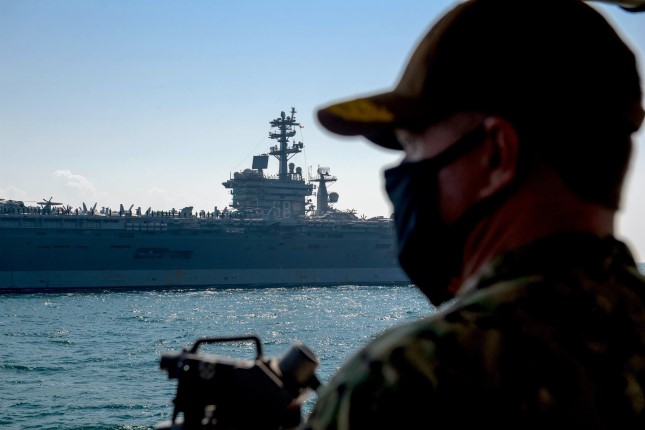NATO Secretary-General Jens Stoltenberg said Monday that NATO will not offer a formal invitation to Ukraine to join the alliance at the upcoming summit in Vilnius that will be held from July 11-12.
“At the Vilnius Summit and in the preparations for the Summit, we’re not discussing to issue a formal invitation,” Stoltenberg said at a joint press conference with German Chancellor Olaf Scholz in Berlin.
Stoltenberg said the alliance was looking to bring Ukraine closer but did not specify what new commitments NATO might offer. “What we are discussing is how to move Ukraine closer to NATO, and the ongoing consultations. I’m not in a position to preempt the outcome of those consultations,” he said.
Both Stoltenberg and Scholz reaffirmed the promise given to Ukraine at the 2008 Bucharest summit that it would eventually become a member without a clear timeline. “The Bucharest decision remains, and we need to focus on the task at hand. We need to support Ukraine to defend its country’s integrity and sovereignty,” Scholz said.
While most NATO members agree Ukraine can’t join the alliance while it’s fighting a war with Russia, they are expected to announce some sort of new support for Kyiv. Whatever steps NATO takes to commit long-term support for Ukraine will serve to prolong the war, as one of Russia’s main motives for invading was Kyiv’s alignment with the Western military alliance.
Last week, media reports said President Biden was “open” to making it easier for Ukraine to join NATO in the future by waiving the Membership Action Plan (MAP), which requires military and democratic reforms before a determination on membership can be made. But in comments on Saturday, the president indicated that he did not support the idea.
“They got to meet the same standards. So I’m not going to make it easier,” Biden said. “I think they’ve done everything relating to demonstrating the ability to coordinate militarily, but there’s a whole issue of: Is their system secure? Is it non-corrupt? Does it meet all the standards every other nation in NATO does?”
Source: AntiWar.
